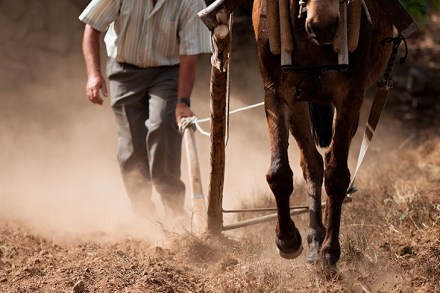The inappropriate history of ‘ventriloquising’
‘What! No one told me,’ my husband shouted when I explained that the Hebdomadal Council at Oxford no longer existed (nor had since 2000). I don’t know why anyone should have told him, but I too regret its demise. Its title was high-sounding but meant no more than ‘a weekly meeting’. Indeed until an Act of Parliament in 1854, it was simply the Hebdomadal Meeting of heads of houses. We’d got on to that because my husband wanted the vice-chancellor of Oxford to jail some dons for writing a rude letter about her in the Daily Telegraph. He thought the proctors’ men could imprison them, in the Divinity Schools or















